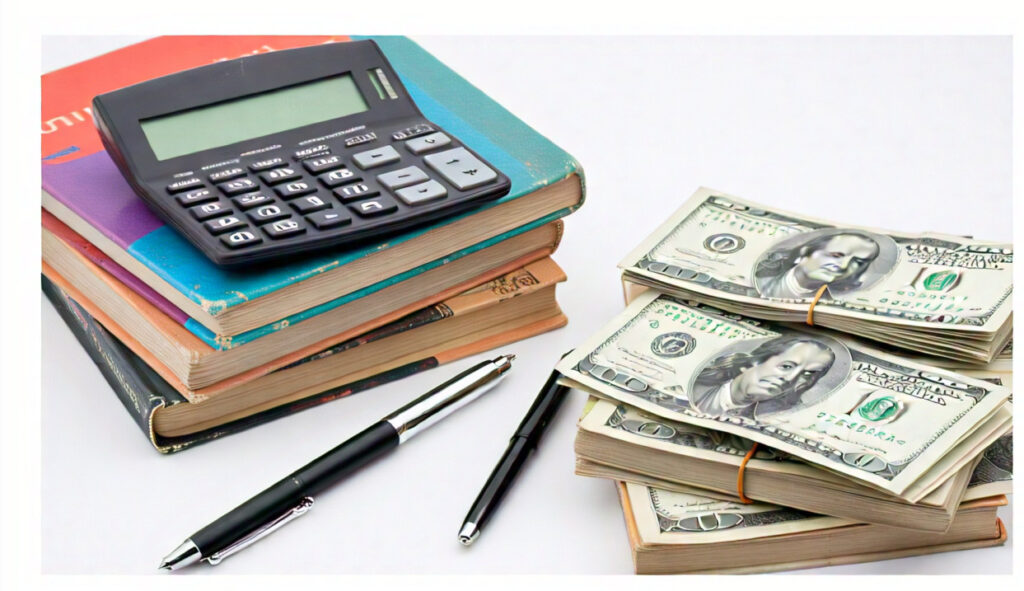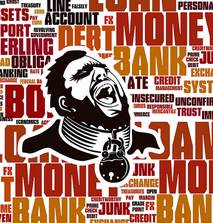There is more to your credit score than steady payments. Lenders look at things like how many accounts you have, how much credit you are using and how much you have available. Managing the credit score can be tricky, but it is possible with smart borrowing.
Maxed-Out Cards are a Red Flag
There are certain things that will ding your credit score, and one of them is credit cards that are continually at their credit limit. It shows that you lack self-control, and your score reflects that. Lenders want to know that you are responsible, and one way to show that is to keep balances on all cards well below the credit limit. While there are no firm rules regarding acceptable levels, most experts agree that your balance on any card should be less than 50 percent.
Excessive Credit Can Damage Your Credit Score
When it comes to credit, there can definitely be too much of a good thing. Having 20 credit cards might make you feel like your credit is excellent, particularly if they all have a clean payment history. Unfortunately, it can make creditors feel that you are overextended. It’s better to have a few credit cards with low balances and clean payment history.
Open Accounts with Zero Balances are Scary to Lenders
Lenders don’t just look at what you owe today. They also consider what you could owe tomorrow. This means that all those store credit cards can be hurting your score, even if they have a zero balance. You should only open an account when you have a purpose for it. Never open an account just because it will net you a free toaster or a percentage off. Don’t reply to offers in the mail because you think you can never have too much credit. The truth is, too much credit can hurt your score. If you already have accounts that are not used, you might want to consider closing them.
Spending Sprees are Never Good
If you go out on a spending spree and suddenly use a chunk of credit, your score will take a hit. The fear is that something has changed in your life and you are trying to live off the credit cards. Be responsible with your credit. Pay cash for the little extras in life, and avoid going on any spending sprees with credit.
Robbing Peter to Pay Paul Shows
Taking cash advances on one card to make the payment on another will show on your credit report. Part of the report includes the minimum payments that are due, and the banks are very quick to see that you have more going out in payments than you have coming in. A clear sign of being overextended with credit, this will damage your score and prevent you from getting credit. If you are currently falling into this trap every month, then you should consider making some drastic changes to eliminate the debt.
Smart use of credit and borrowing will keep your credit score high. Use credit wisely, and avoid the temptation to charge when you can pay cash. Keep balances low, and resist the temptation to apply for any credit you do not actually need. These little habits can make a big difference in your credit score, and that can reward you with more favorable terms when it’s time for a house or new car.
Credit cards are part of our modern society. Often it is safer and easier to pay by credit card rather than carry cash. If you have a good credit rating you can get lower interest rates and even a card that pays you in airline miles or cash back. Compare Credit Cards here.


